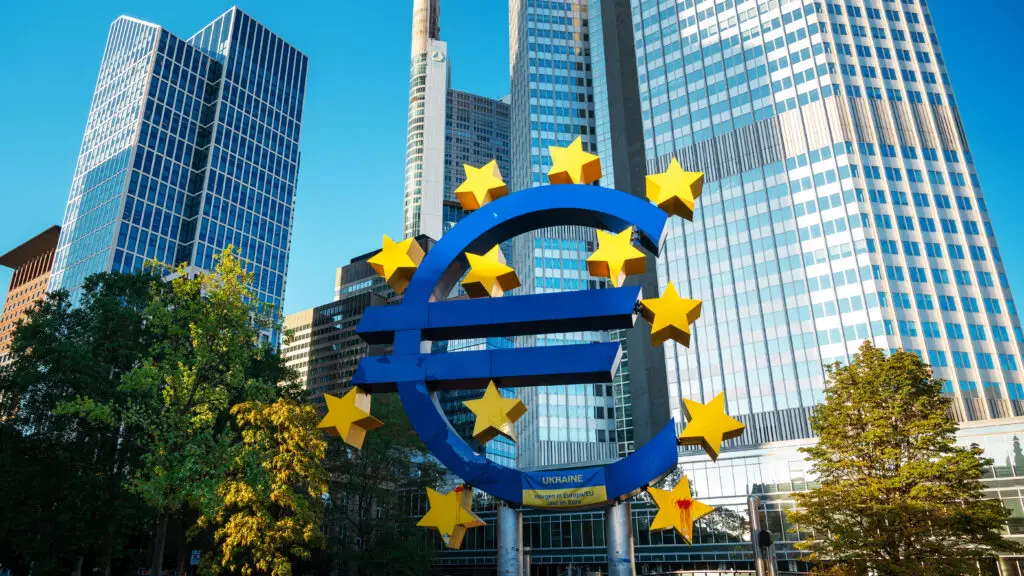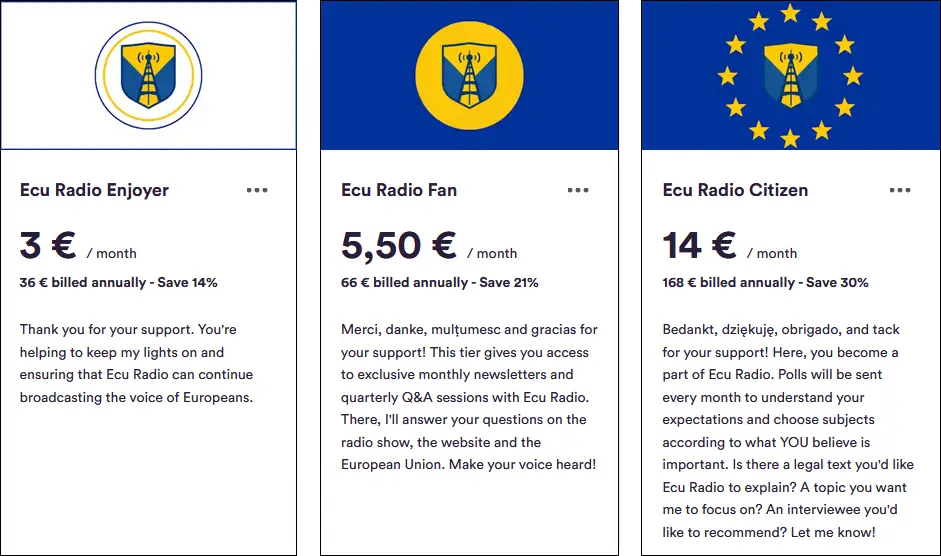The EU's Single Market: Enabling Peace and Prosperity
Created in 1993, the Single Market is one of the greatest successes the European Continent achieved in the 20th century, if not in its entire history. It fostered international cooperation, unlocked peace and prosperity, encouraged people to mingle and share, and to this day, provides strength and leverage to Europe on the global stage. It is difficult to overstate its achievements.
However, it did not emerge from a vacuum.
Before the Single Market, there was the Customs Union

Established in 1968, the Customs Union had a twofold objective:
- Abolish customs duties between the Member States of the European Economic Community (EEC), eliminating tariffs and controls between their borders,
- Harmonize customs duties on goods from outside the EEC. This meant that the customs authorities of all members would work together as if they were a single entity[1].
By making intra-European tariffs a thing of the past, the Customs Union not only facilitated trade but also enabled companies to find success by allowing them to target a larger customer base with ease.
It also laid the groundwork for the EU’s Normative Power. As customs controls were directed and strengthened towards external borders, one of their key function was protecting European citizens against hazardous goods. Such goods required regulations defining what was safe for consumption by European citizens, as well as meeting requirements for labor and environmental protection.
The appeal of this Customs Union, and what it means for the freeflow of merchandise, effectively creating a Common Market, attracted numerous nations eager to increase opportunities and ease trade for their national companies and entrepreneurs. The United Kingdom, Ireland, and Denmark joined in 1973, followed by Greece in 1981, and Portugal and Spain in 1986. Thus, the groundwork for the Single Market and its four freedoms was laid.
The Four Freedoms
Legally guaranteed since 1986, these freedoms are the foundational rules that made the Single Market a reality. They include[2]:
- Free movement of goods, representing intra-EU exports worth EUR 3428 billion in 2021, a 510% increase since 1993.
- Free movement of services, with intra-EU exports worth EUR 965 billion, a 33% increase since 2010.
- Free movement of capital, with intra-EU foreign direct investment worth EUR 8163 billion in 2021, a 35% increase since 2013.
- Free movement of people, with an estimated 3.4% of European citizens living in an EU country other than their country of birth, nearly double the figure from 2006 (1.8%).
The opportunities brought by these freedoms mean that only the most Euroskeptic among us want to roll back the Single Market. Even the free movement of persons, the most discussed freedom, was approved by 89% of European citizens in 2023[3].
Notably, these freedoms were the pillars upon which the Euro currency could stand, helping to even out economic imbalances among the Member States of the Eurozone. Local downturns are mitigated as goods, services, and capital can flow to where there is demand[4].
Simultaneously, the Euro facilitates the integration of the Single Market: the exchange rate risk disappears, and prices can be more easily compared, thus feeding a virtuous loop. It is a unique system that is the foundation of the prosperity of the continent.
However, as with every European strength, it cannot be taken for granted.
Jeopardized Success Story
One only needs to look at the United Kingdom to understand why. 52% of the citizens of this country voted to leave the European Union in June 2016, triggering an exit nicknamed “Brexit” that became a reality in January 2020. Despite the strengths and benefits brought by the Single Market, the willingness to allow European citizens to travel freely, and the controls at the EU’s external borders, these voters could not see or understand its practical effects. They halted the free movement of goods, services, capital and people in the name of taking back control. Since then, most economists who studied the subject have recognized that Brexit has harmed the UK’s economy, with negative effects on trade, incomes and foreign direct investments alike[5], with an estimated lost output of £100 Billion a year according to Bloomberg[6].
And while the consequences were mitigated as much as possible for the European Union’s citizens and companies by the EU-UK Trade and Cooperation Agreement[7], setting a Free Trade Agreement between the parties, it still came with disruption and lost opportunities as they lost overnight a market they could until then operate in freely.
The difficulties faced by the UK mean that no other country has attempted to leave the Union. However, public opinions, influenced by internal or external propaganda blaming the European Union for various problems, might consider leaving worth the price.
But such benefits are illusory. Leaving would only weaken a country’s ability to have a voice on the global stage, making it vulnerable to the influence of powerful nations that do not prioritize its well-being as much as the EU does. It would not be a return to sovereignty as the EU is deeply democratic and each country is represented equally within its institutions. Finally, it would go against other interests. At it stands, defense and security, competiteveness or energy independance are top aspects its citizens wants the EU to focus on[8]. Such challenges are better tackled together.
Ecu Radio's Stance
Through our actions, we aim to counter, even by the smallest of margins, such ideas. We stand for an ever-closer union and, hence, an ever-closer market. Only through trade, peace, prosperity, and freedom can we consider our society worth defending.
Sources
[1] Customs – European Commission, Publications Office of the European Union, 2020
[2] 30th anniversary of the EU single market – Council of the European Union, 2023
[3] Citizenship and democracy survey – Eurobarometer, 2023
[4] The four freedoms in the EU: Are they inseparable? – Jacques Delors Institute, 2017 [PDF]
[5] Economic consequences of brexit for the United Kingdom (in french) – Ministère de l’Economie, Direction générale du Trésor, 2024
[6] Brexit’s Lost Output Is Costing the UK £100 Billion a Year – Bloomberg Economics, 2023
[8] EP Winter Survey 2025, Eurobarometer, 2025 [PDF]
Ecu Radio needs your support
Ecu Radio is an independent news website and podcast show, run full-time by a single dedicated contributor (for now). Support our work and help keep us going, starting from only 3€ per month. Let's unleash Europe's potential together!
Click here to support Ecu Radio

